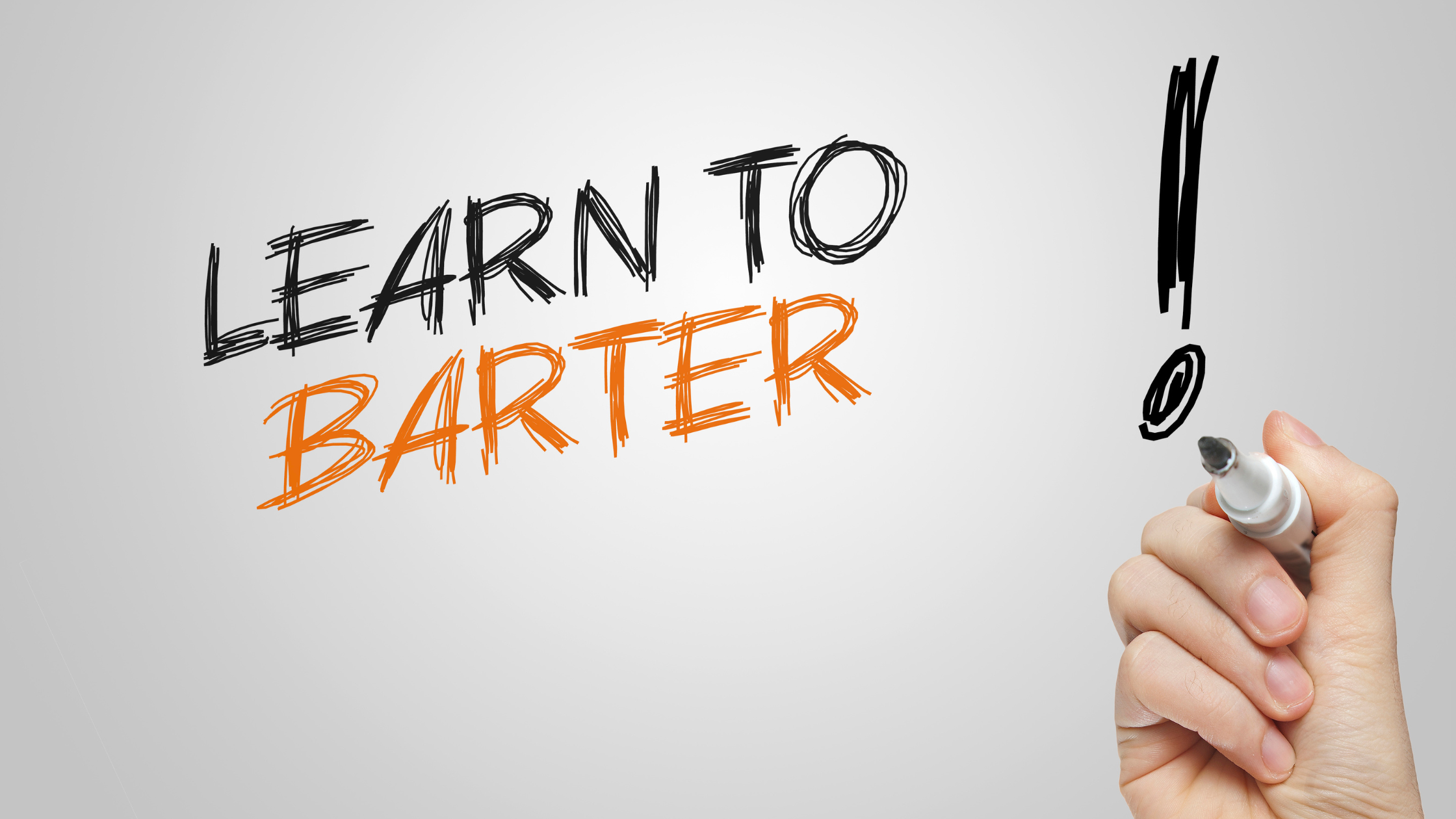User blogs
Bartering is the act of trading one good or service for another without using money. It is the oldest form of commerce and it still exists today in various forms. Bartering can be done directly between two parties or through a trade exchange that facilitates the transactions. Bartering can offer many benefits for individuals and businesses alike, such as:
• Saving money: Bartering can help you save money by using what you already have or can produce to get what you need or want. For example, if you are a furniture maker and you need lumber, you can exchange a table for lumber instead of buying it with cash. This way, you can avoid spending money and reduce your expenses.
• Reducing waste: Bartering can help you reduce waste by using your excess goods or services to trade for something else. For example, if you are a baker and you have more baked goods than you can sell or consume, you can trade them for plumbing services instead of throwing them away. This way, you can avoid wasting resources and make use of what you have.
• Building relationships: Bartering can help you build relationships with other people or businesses by creating a mutual exchange of value. For example, if you are a carpenter and you build a fence for a farmer, you can trade it for crops instead of charging money. This way, you can establish trust and goodwill with the farmer and create a long-term connection.
• Learning new skills: Bartering can help you learn new skills by exposing you to different goods or services that you may not otherwise encounter. For example, if you are a plumber and you fix a sink for a baker, you can trade it for baked goods instead of asking for money. This way, you can learn how to bake or improve your baking skills by getting feedback from the baker.
Bartering may sound simple and appealing, but it also has some challenges and limitations that you should be aware of, such as:
• Finding a match: Bartering requires finding someone who has what you want and wants what you have. This can be difficult and time-consuming, especially if your goods or services are rare or specialized. You may need to search online, join a trade exchange, or network with other people to find a suitable match.
• Negotiating a fair deal: Bartering requires negotiating a fair deal that both parties agree on. This can be tricky and subjective, as different goods or services may have different values depending on the supply and demand, quality, quantity, location, timing, etc. You may need to do some research, compare prices, or use a common unit of measure to determine a fair deal.
• Paying taxes: Bartering is considered a form of income by the IRS and it incurs taxes accordingly. You are required to report the fair market value of the goods or services you receive from bartering as income on your tax return. You may also need to issue Form 1099-B to the other party if the value of the goods or services exceeds $600 in a calendar year.
Bartering is an alternative way of exchanging goods or services that can offer many advantages but also some challenges. If you are interested in participating in bartering, you should do some research, join a trade exchange, network with other people, negotiate a fair deal, and pay your taxes accordingly.
Join Business Barter Bucks Today and get $120.00 FREE Bucks
www.businessbarterbucks.com

